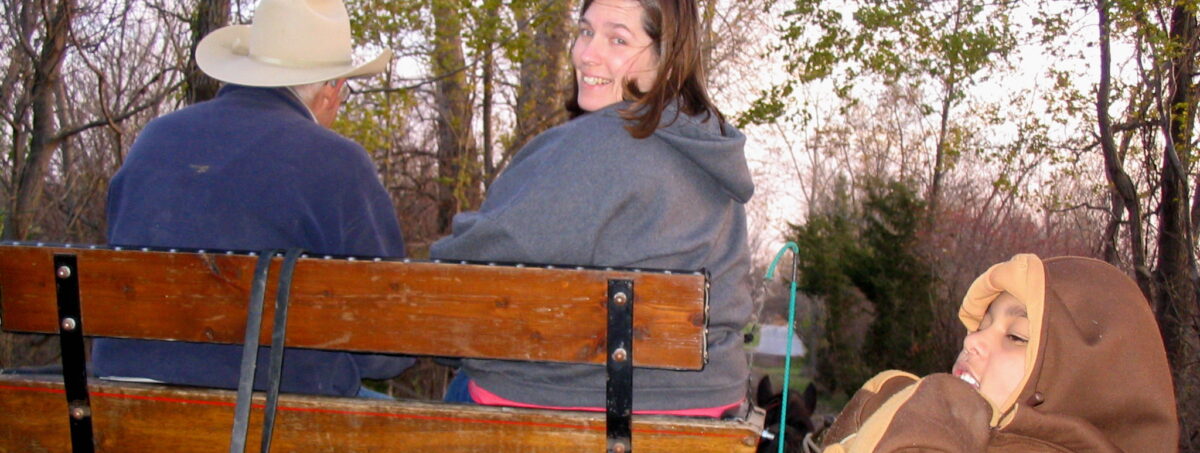Venture into Social Drama
Annie Mielke and I met last year and got excited about the potential for working with girls on drama and then training them to work with younger groups as a service project. Annie’s specialty is working with kids with Asperger Syndrome and Autism, so her audiences learn a lot about these mental disorders, the challenges people with these diagnoses face, and how to relate well to them. Adventures in Social Drama visited several Chrysalis After-School groups last year, including McCombs PRIDE.
The goals of Adventures in Social Drama (ASD) are to:
- establish safe environments in which drama enables individuals to explore creative moments as learning opportunities
- utilize appropriate forms of social interaction
- facilitate meaningful participation in a group dynamic
- coach individuals to express themselves through creative thinking
- promote positive interpersonal relationships
- develop self-worth through episodic memories
Adventures in Social Drama specializes in dramatic exploration: Each program is specially designed to meet the needs of your organization. Free initial consultations are available. ASD works with people from 4 years old to adults. Depending on the size and length of the class, the cost is $150-$500.
For more information, contact Annie Mielke, 515-306-0030.










